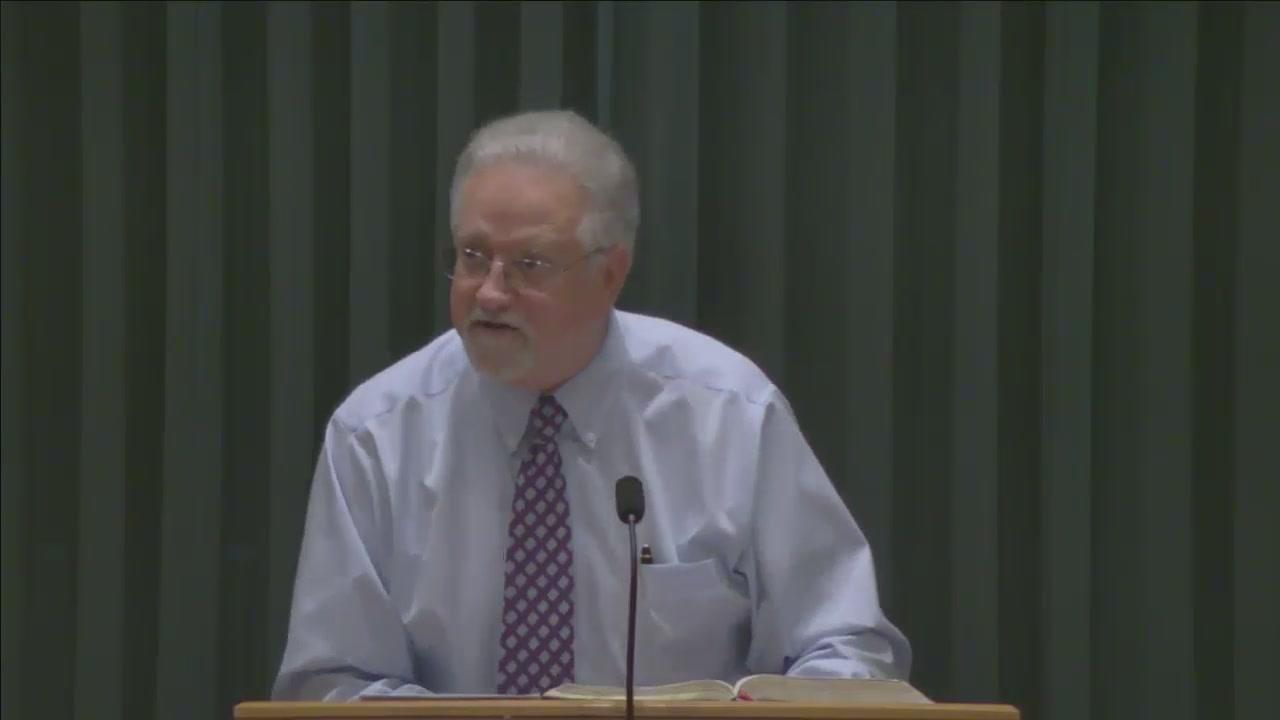
Many people, when they hear or read of the sufferings and death of Christ, have feelings of sympathy stirred within them, but the Savior did not die to cause people to feel sorry for Him. As He made His way to Golgotha, some women followed Him "which also bewailed and lamented Him" (Luke 23:27). He said to them, "Weep not for Me" (verse 28). He did not then, nor does He now need or want the pity or tears of anyone.
Everything that happened to Him was according to His eternal purpose. His death was not His defeat, but the defeat of His enemies; it was the time of His greatest triumph. His death was the fatal blow to Satan, the removal of our sins, the satisfaction of divine justice and the bringing in of everlasting righteousness. It was the salvation of His people. He died so God could be a just God and a Savior. All for whom His blood was shed had their sins put away, and they will find out about it at the time divinely appointed.
Through the preaching of the gospel, the Holy Spirit will quicken them and bring them to rejoice in WHAT has already been done for them and to believe Him WHO did it. It was through the substitutionary sacrifice of Christ that God can pardon sin without compromising His law that demanded death for sin. When we are brought to learn that through the sufferings, death and resurrection of Christ God can be just and justify the ungodly, we will not feel sorry for Jesus, but will rejoice and worship Him. He suffered, bled, died, arose, ascended and took His rightful place at the right hand of God. "God hath made that same Jesus, whom ye have crucified, both Lord and Christ" (Acts 2:36).